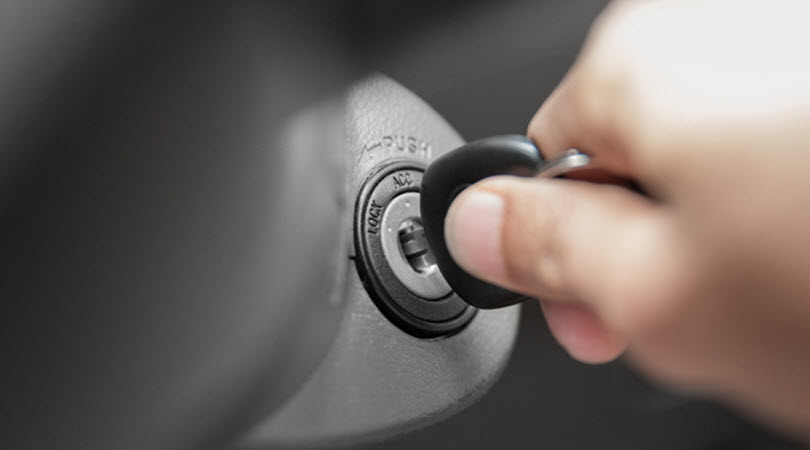
Starting your Mercedes should be a seamless process, but sometimes, things don’t go as planned. Whether you find yourself stuck in your driveway or stranded in a parking lot, starting problems can be both frustrating and perplexing. Knowing some of the problems that make your Mercedes not start and how to troubleshoot and prevent them can be handy when you find yourself stranded.
Understanding Common Starting Problems
- Battery Concerns: The battery is a frequent suspect when it comes to starting problems. Over time, batteries lose their ability to hold a charge, leading to slow cranking during startup or even complete power failure.
- Faulty Starter Motor: The starter motor kickstarts the engine’s ignition If it malfunctions, you might notice a clicking noise when turning the key or, in severe cases, experience a complete failure to start the engine. This component is crucial for initiating the combustion process in your Mercedes, and without it, your car will not start.
- Fuel Delivery Issues: Problems with fuel delivery can disrupt the engine’s ability to receive the necessary fuel for a smooth start. A clogged fuel filter or a failing fuel pump can hinder proper fuel flow, resulting in sputtering or a rough start-up. Mercedes demands precise fuel delivery for optimal performance, and any disruptions can cause starting troubles.
- Ignition Switch Problems: The ignition switch plays a pivotal role in activating the vehicle’s electrical systems. A faulty ignition switch can lead to intermittent starting issues. You might encounter difficulties turning the key in the ignition, experience engine stalling right after starting, or face sporadic problems initiating the engine.
These issues can sometimes overlap or lead to similar symptoms, making diagnosis a complex task.
Troubleshooting Starting Problems
- Check the Battery: Start by examining the battery. Ensure the connections are clean and secure. If the battery is old or shows signs of weakness, consider having it tested or replaced by a qualified technician.
- Inspect the Starter Motor: A clicking noise when trying to start the car might indicate a faulty starter motor. Have a professional mechanic inspect the starter motor to determine if it needs repair or replacement.
- Evaluate Fuel Delivery: If you suspect fuel delivery issues, have the fuel system checked by a technician. This may involve inspecting the fuel filter, fuel pump, and related components to ensure proper operation.
Take Preventive Measures
- Battery Care: Proper battery maintenance is essential for its longevity. Keeping the terminals clean and free of corrosion ensures a good electrical connection. Extreme temperatures can significantly impact battery life, so parking your Mercedes in a garage or shaded area whenever possible can help preserve the battery’s performance.
- Quality Fuel and Components: Opt for high-quality fuel to maintain optimal engine performance. Regularly replacing components like fuel filters as part of routine maintenance prevents potential fuel delivery issues that could lead to starting problems. Investing in genuine or OEM parts for replacements ensures compatibility and reliability within the Mercedes system.
- Regular Maintenance: Adhering to the manufacturer’s recommended service schedule is fundamental in preventing starting issues. This proactive approach helps identify potential problems before they escalate.
When to Seek a Professional Mechanic’s Help
While basic troubleshooting can resolve some starting issues, there are instances where professional intervention is necessary.
- Persistent Problems: If the starting problem persists despite checking the battery, starter motor, fuel system, and ignition switch, it’s crucial to seek assistance from a certified Mercedes technician. Persistent issues indicate underlying complexities that require specialized diagnostic tools to identify.
- Complex Repairs: Attempting complex repairs without the necessary expertise can potentially worsen the problem. Mercedes vehicles are intricate machines with advanced systems, and incorrect repair attempts might lead to further damage and more expensive repairs down the line.
Revive Your Mercedes with Expert Repairs at Carotech Automotive
At Carotech Automotive, we stand as the top 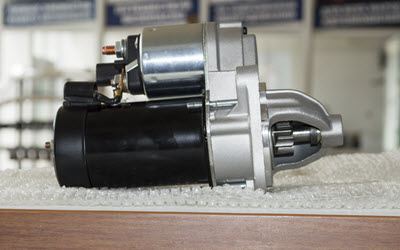 choice for exceptional repairs and maintenance, specifically for Mercedes owners. When you entrust your vehicle to our garage, our team of trusted mechanics will meticulously diagnose the root cause behind your car’s reluctance to start. With precision and expertise, we’ll swiftly and accurately resolve the issue, ensuring your Mercedes gets back on the road with confidence.
choice for exceptional repairs and maintenance, specifically for Mercedes owners. When you entrust your vehicle to our garage, our team of trusted mechanics will meticulously diagnose the root cause behind your car’s reluctance to start. With precision and expertise, we’ll swiftly and accurately resolve the issue, ensuring your Mercedes gets back on the road with confidence.
We are located in the heart of Los Angeles, CA, and we take pride in serving drivers within our community and beyond. When you choose us, you’re choosing a team that prioritizes your Mercedes’ performance and your satisfaction. Book an appointment with us today and experience the difference.

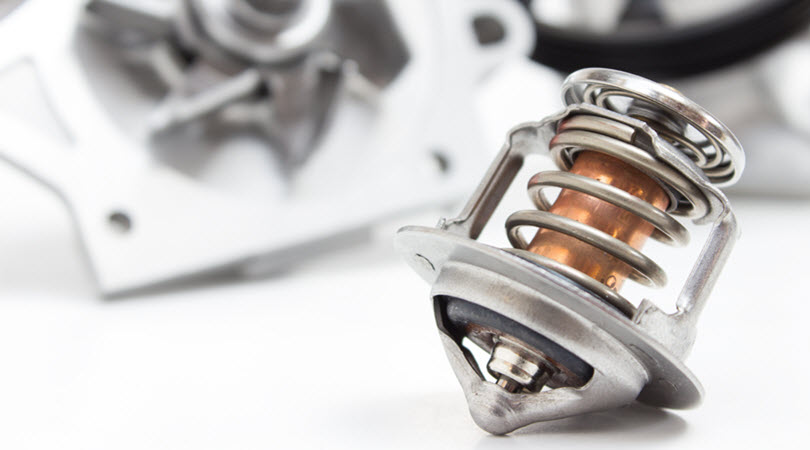
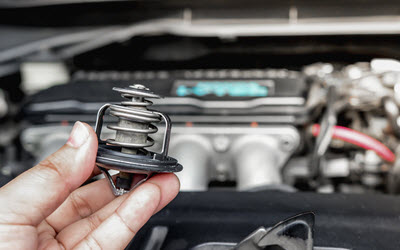 is a problem that should never be underestimated. It directly affects your car’s performance, fuel efficiency, and overall lifespan. Replacing it promptly and expertly is imperative, and for Mercedes owners in Los Angeles, CA,
is a problem that should never be underestimated. It directly affects your car’s performance, fuel efficiency, and overall lifespan. Replacing it promptly and expertly is imperative, and for Mercedes owners in Los Angeles, CA, 
 as a lesson in the importance of diligent vehicle maintenance. Through awareness, regular maintenance, and proactive responses, such challenges can be navigated effectively. At
as a lesson in the importance of diligent vehicle maintenance. Through awareness, regular maintenance, and proactive responses, such challenges can be navigated effectively. At 
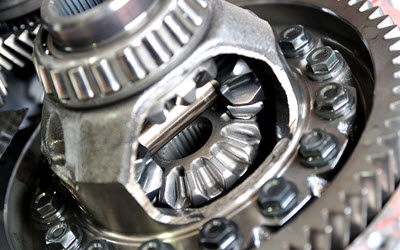 Mercedes has a differential problem, bring it to our professional, clean, and
Mercedes has a differential problem, bring it to our professional, clean, and 
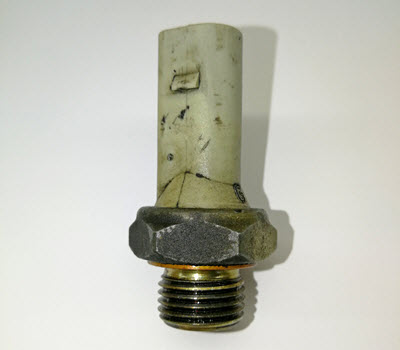 Mercedes, it is an indicator that your oil pressure switch has failed and is due for replacement. Although the impacts of a broken oil pressure switch may not appear to be obvious, a failed oil pressure switch might cause major difficulties with your Mercedes.
Mercedes, it is an indicator that your oil pressure switch has failed and is due for replacement. Although the impacts of a broken oil pressure switch may not appear to be obvious, a failed oil pressure switch might cause major difficulties with your Mercedes.
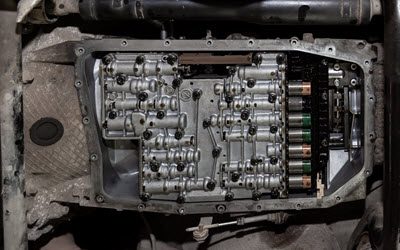 your repairs and maintenance is essential to keep it in its peak condition. At
your repairs and maintenance is essential to keep it in its peak condition. At 
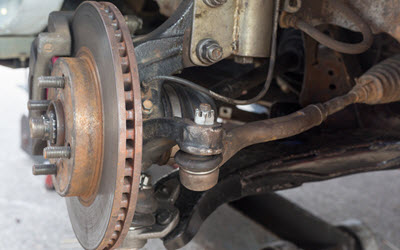 became
became 
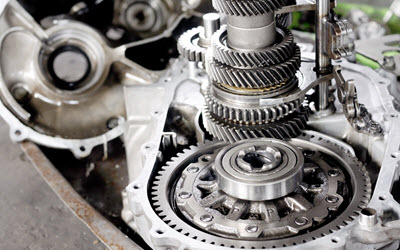 schedule suggested in your owner’s manual.
schedule suggested in your owner’s manual. 



Recent Comments